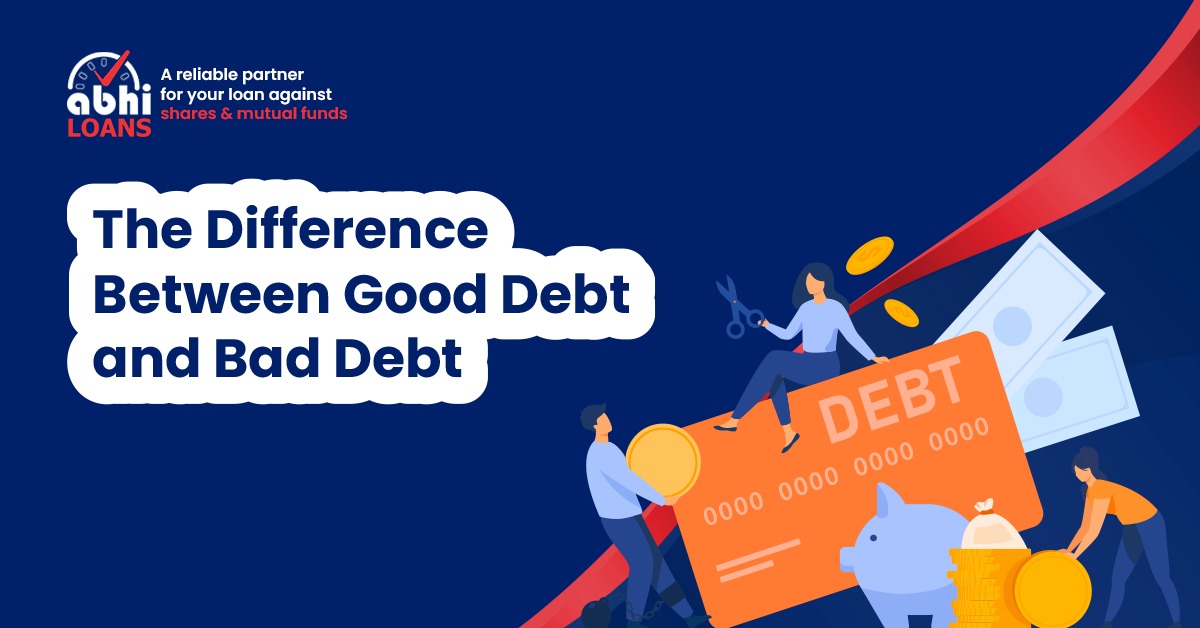The Difference Between Good Debt and Bad Debt
Debt is a common aspect of personal finance and can be both a blessing and a curse, depending on how it is utilized. Not all debt is created equal, and understanding the difference between good debt and bad debt is crucial for making sound financial decisions. In this article, we will explore the concept of good and bad debt, their characteristics, and the impact they can have on an individual’s financial well-being.
What is Good Debt?
Good debt refers to borrowing money to invest in assets that have the potential to appreciate or generate future income. The key feature of good debt is that it is considered an investment rather than a liability. Here are some examples of good debt:
Home Mortgage
Taking out a mortgage to purchase a home is often considered good debt. Owning a property can appreciate in value over time and also provide stability and security.
Student Loans
Borrowing to invest in education can be seen as good debt, especially if it leads to higher earning potential and career opportunities.
Business Loans
Entrepreneurs often take on debt to start or expand a business. If the business generates profits that exceed the cost of borrowing, it can be considered good debt.
Real Estate Investment
Borrowing to acquire income-generating rental properties or real estate with growth potential can be seen as good debt.
Loan Against Securities
A financial product where investors pledge their securities as collateral to avail of loans from financial institutions, provides liquidity without liquidating their investments.
What is Bad Debt?
Bad debt, on the other hand, refers to borrowing money for expenses that do not add long-term value or generate income. Bad debt typically involves high-interest rates and can lead to financial strain. Examples of bad debt include:
Credit Card Debt
Using credit cards to finance non-essential purchases and carrying balances from month to month is a common form of bad debt due to the high-interest rates involved.
Car Loans
While having a car may be necessary for many, borrowing to buy a luxury vehicle that depreciates quickly can be a form of bad debt.
Payday Loans
Short-term, high-interest loans that are used to cover immediate expenses are considered bad debt due to their exorbitant interest rates.
Consumer Loans
Borrowing to finance vacations, expensive gadgets, or other non-essential items that do not appreciate or generate income can be classified as bad debt.
Conclusion
Understanding the difference between good debt and bad debt is vital for making informed financial choices. Good debt, when used strategically, can be a stepping stone to financial success, while bad debt can lead to financial stress and hinder long-term financial goals. By prioritizing responsible borrowing, budgeting wisely, and making informed investment decisions, individuals can build a solid financial foundation and secure their financial future.
FAQs
Is all debt bad for financial health?
No, not all debt is bad for financial health. Good debt, when used wisely, can be a tool for building wealth and achieving financial goals. It is essential to differentiate between borrowing for investment purposes and borrowing for non-essential expenses.
How can I avoid accumulating bad debt?
To avoid accumulating bad debt, it is crucial to live within your means, create a budget, and prioritize saving over spending. Avoid relying on credit cards for everyday expenses and instead use them responsibly, paying off the balance each month.
Can good debt turn into bad debt?
Yes, even good debt can become bad debt if it becomes unmanageable or if the investment does not perform as expected. It is essential to assess the risks and potential rewards of any borrowing and have a solid repayment plan.
How can I leverage good debt to improve my financial situation?
To leverage good debt, focus on investments that have the potential for long-term growth or income generation. For example, consider investing in real estate, pursuing higher education, or starting a business. However, always conduct thorough research and seek professional advice before taking on any debt for investment purposes.

